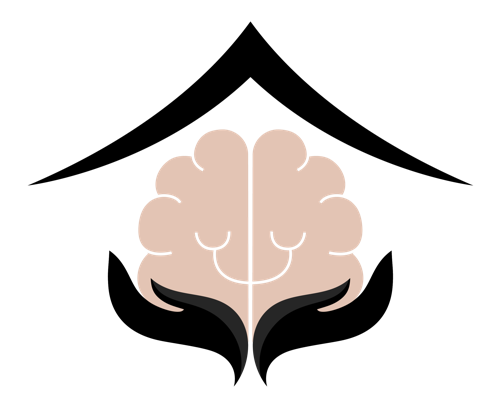ADHD can have a significant impact on people’s relationships. Symptoms of ADHD can make it difficult to communicate effectively, stay organized, and be on time. These difficulties can lead to arguments, frustration, and stress. However, there are ways to manage the symptoms of ADHD and have a successful relationship.
Some specific things can be done to help ease these difficulties, however. These tips can help you cultivate your relationships if you or your significant other has ADHD.

1) Always Be Honest and Communicate
If you or your partner has ADHD, it is important to be honest about it. Open communication is key in any relationship, but it is especially important when dealing with ADHD. Discussing the symptoms and how they impact your relationship can help you both find ways to cope and work around them.
2) Accept That Not Everything Will Be Perfect
If you or your partner has ADHD, it is important to accept that things may not always be perfect. ADHD can cause problems in all areas of life, including relationships.
However, it is important to remember that these problems do not have to be a deal breaker. If you are able to communicate and work together, you can overcome any challenges that arise.
3) Learn About ADHD
If you or your partner has ADHD, it is important to learn as much as you can about the condition. This will help you to understand how it can affect your relationship and what you can do to manage any challenges.
There are many resources available online. You may also want to speak to a provider who specializes in ADHD.
ADHD can negatively affect relationships, but understanding and acceptance can help lessen these effects. Putting strategies in place with the help of an ADHD Specialist Relationship Coach can improve the situation.
4) Make Sure They Take Medication Regularly
Some people with ADHD find that medication helps them to manage their symptoms. If your partner is taking medication, it is important to make sure that they are taking it regularly and as prescribed.
If your partner is not taking medication, you may want to encourage them to speak to their provider about this option.
5) Be Patient
If your partner has ADHD, it is important to be patient and understanding. ADHD can cause impulsivity, forgetfulness, and disorganization. Some aspects of ADHD even include emotional lability, which can mean struggling with emotional regulation.
If your partner’s emotions are always all over the place, it can be tough to know how to act around them. You might feel like you’re constantly walking on eggshells, never knowing how they will react. This can lead to arguments and conflict in relationships. It is important to remember that these symptoms are not intentional and that your partner is likely doing the best they can.
Conclusion
There are a few key things to remember when trying to cultivate a healthy relationship with someone with ADHD. It’s important to be proactive in communication. Make sure to keep lines of communication open so that both of you can express what you need and expect from the relationship.
If you want more resources on ADHD, Safe Haven Behavioral Health & Wellness can help. We offer ADHD testing and diagnosis to help you fully understand everything there is to know about this condition. Get in touch with us today to learn more.



